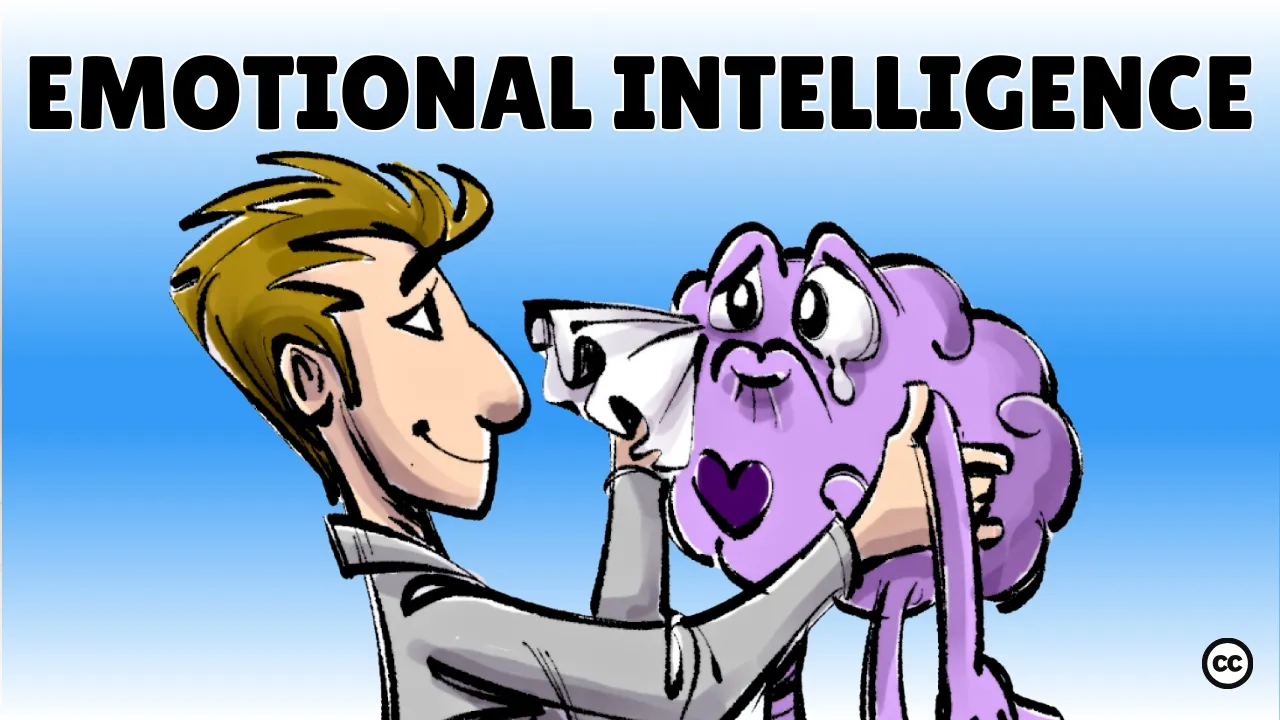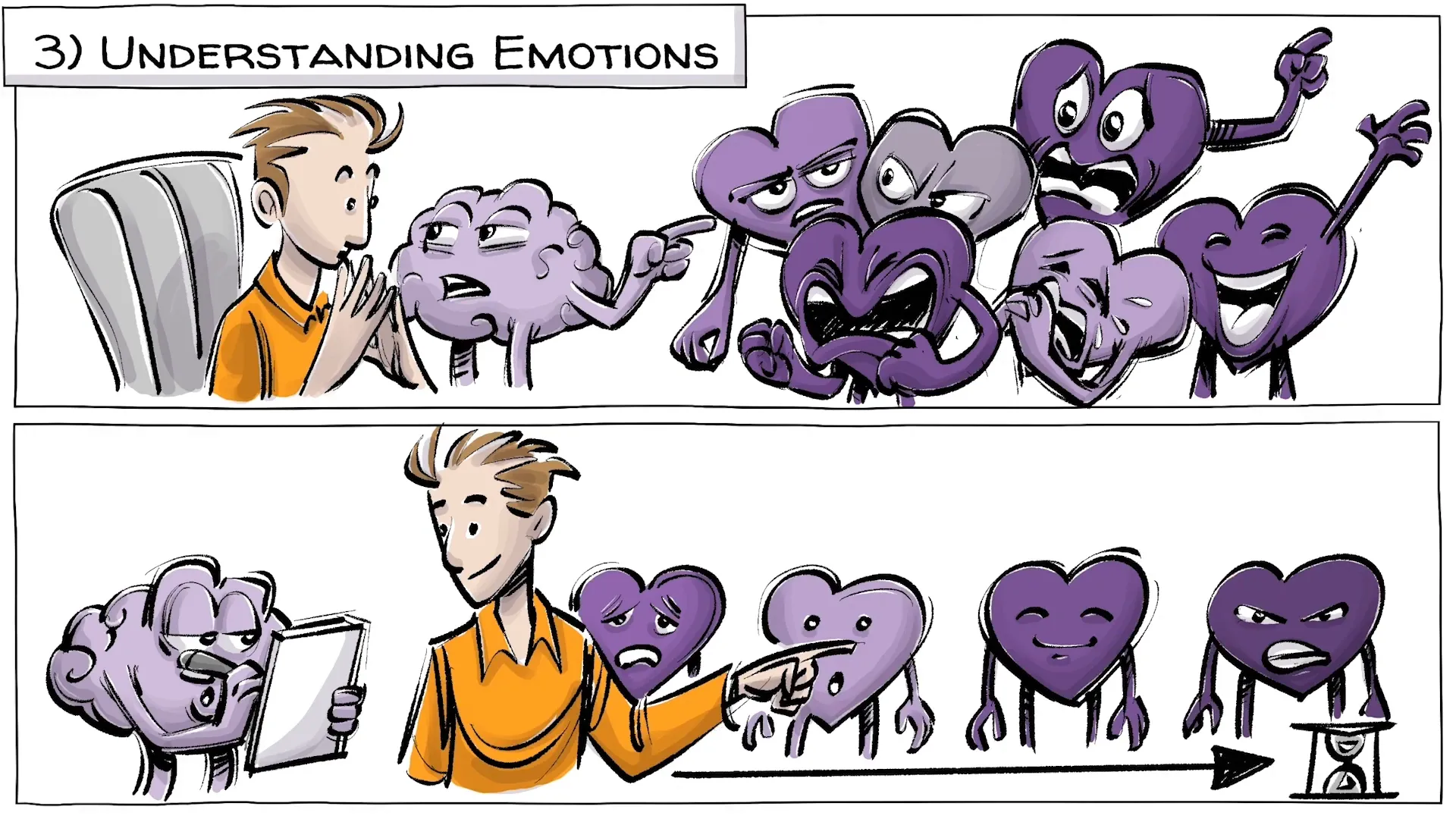Understanding Emotional Intelligence: A Deep Dive

Emotional intelligence (EI), often referred to as EQ, is a crucial aspect of our cognitive and emotional lives. It encompasses the ability to perceive, understand, and manage emotions, both in ourselves and in others. This blog post aims to explore the various dimensions of emotional intelligence, the model developed by psychologists John Mayer and Peter Salovey, and the benefits of enhancing our emotional skills.
What is Emotional Intelligence?
Emotional intelligence is the brain's ability to recognize feelings as they arise and to manage them effectively. Individuals with high EI can identify their own emotions and those of others, allowing them to navigate social interactions more adeptly.
As defined by Mayer and Salovey in 1990, emotional intelligence comprises four key skills: perceiving emotions, using emotions, understanding emotions, and managing emotions. Each of these components plays a vital role in how we interact with the world around us.
The Four Skills of Emotional Intelligence
Understanding the four skills of emotional intelligence can help us identify areas for growth and development. Let's break down each component:
1. Perceiving Emotions
Perceiving emotions is the foundational skill of emotional intelligence. It involves the ability to detect emotions in facial expressions, voice tones, and body language, including our own. This skill allows us to recognize emotional cues and respond appropriately, making it essential for effective communication.

2. Using Emotions
This skill relates to how we can harness our emotions to facilitate thinking and problem-solving. Individuals with high emotional intelligence can recognize their changing moods and adapt their actions accordingly. They understand how to channel their feelings to motivate themselves and others.

3. Understanding Emotions
Understanding emotions involves recognizing the complex relationships between feelings. It encompasses the ability to analyze how moods evolve over time and how they can impact our behavior and decision-making. This skill is crucial for navigating interpersonal relationships and resolving conflicts.

4. Managing Emotions
Managing emotions is about regulating our feelings and influencing the emotions of others. People who excel in this area can maintain control over their emotional responses, which allows them to foster positive interactions and mitigate negative ones. This skill is particularly important in leadership and team dynamics.

Improving Emotional Intelligence
The good news is that emotional intelligence is not fixed; it can be developed over time. Here are several strategies to enhance your EI:
- Mindfulness: Practicing mindfulness can help you become more aware of your emotions and improve your ability to perceive them in others.
- Exercises: Engaging in specific emotional intelligence exercises can enhance your skills in each of the four areas.
- Therapy: Working with a therapist can provide valuable insights into your emotional patterns and help you develop better emotional regulation strategies.
- Education: Learning about emotional intelligence through workshops, books, and courses can provide useful frameworks for understanding and improving your EI.
The Benefits of High Emotional Intelligence
Higher emotional intelligence is often correlated with greater academic and professional success. This is largely because the way we manage our emotions impacts our cognitive abilities, including listening and learning. Research suggests that individuals in positive emotional states are better at inductive reasoning and creative problem-solving.

Emotional Intelligence in Education
There is an ongoing conversation about whether emotional intelligence should be taught in schools. Advocates argue that teaching EI can equip students with essential life skills, improving their academic performance and interpersonal relationships. Schools could integrate emotional intelligence curricula into existing programs, helping students develop these vital skills from a young age.

Conclusion
As we continue to explore the importance of emotional intelligence, we invite you to share your thoughts and experiences. How has emotional intelligence played a role in your life? Have you taken steps to improve your EI? Your insights can contribute to a broader understanding of this critical skill.